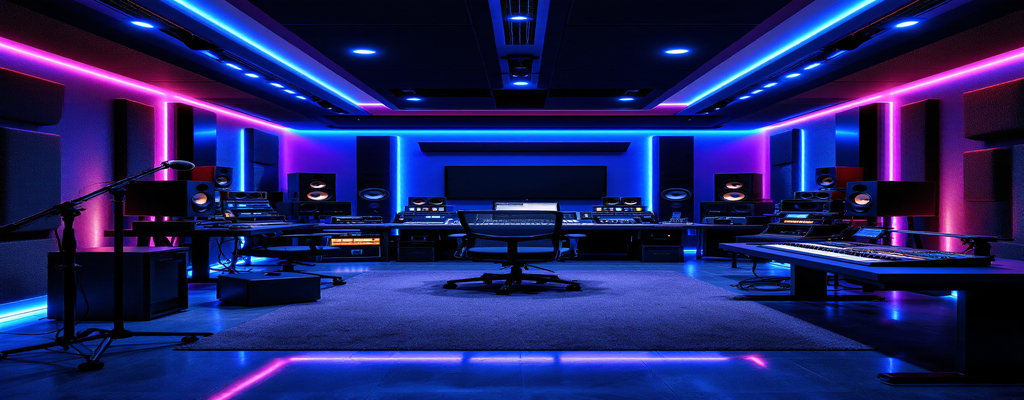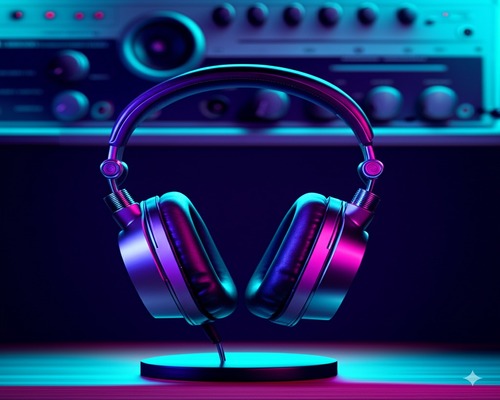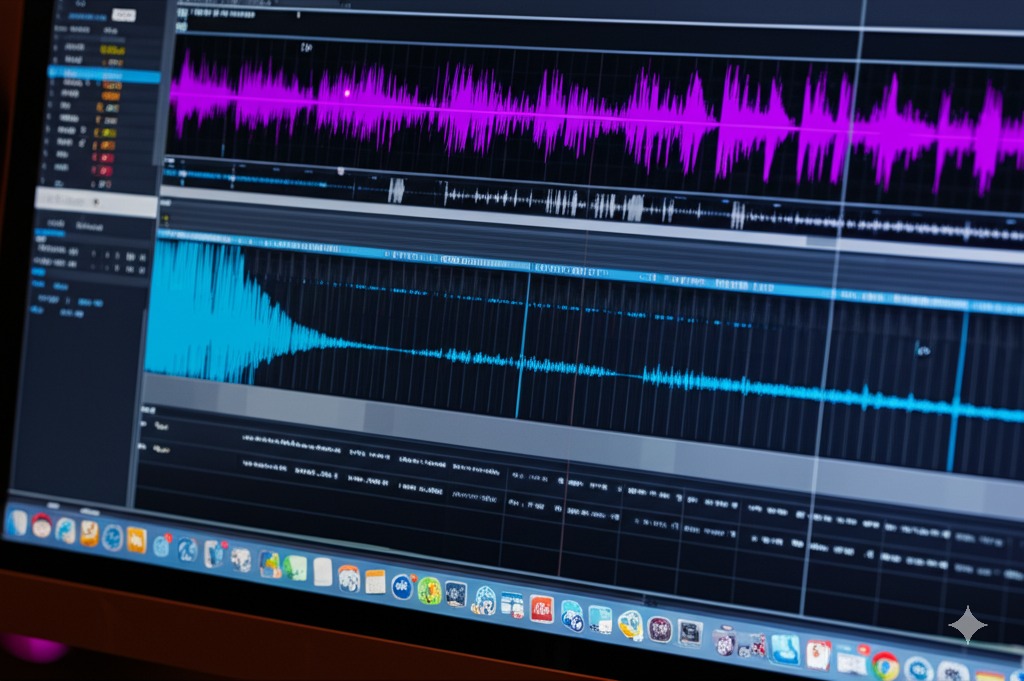
AI tools for musicians are transforming the way music is made—helping artists generate melodies, enhance sound quality, automate mixing and mastering, and unlock new creative possibilities. These tools make music production faster, smarter, and more accessible than ever before.
Introduction
AI tools for musicians are becoming more common in today’s music world. These technologies aren’t here to replace musicians but to help them create in new ways.
Think of AI as a new band member who brings different ideas to the table. It can suggest melodies when you’re stuck, help clean up recordings, or even create new sounds you might not have thought of.
Many people worry that using AI might make music less personal or that everyone’s songs will start sounding the same. These are normal concerns when any new technology enters the creative world.
The reality is that AI music tools work best when they support your creativity rather than taking over. The computer might offer suggestions, but you decide what works for your music and what doesn’t.
Some musicians are already using AI for musicians in their everyday work. They use it to get past creative blocks, speed up technical tasks, or explore new sounds and styles they haven’t tried before.
What makes these tools exciting is how they’re helping all kinds of musicians – from bedroom producers to professional studios. And as the technology improves, these tools are becoming more affordable and easier to use.
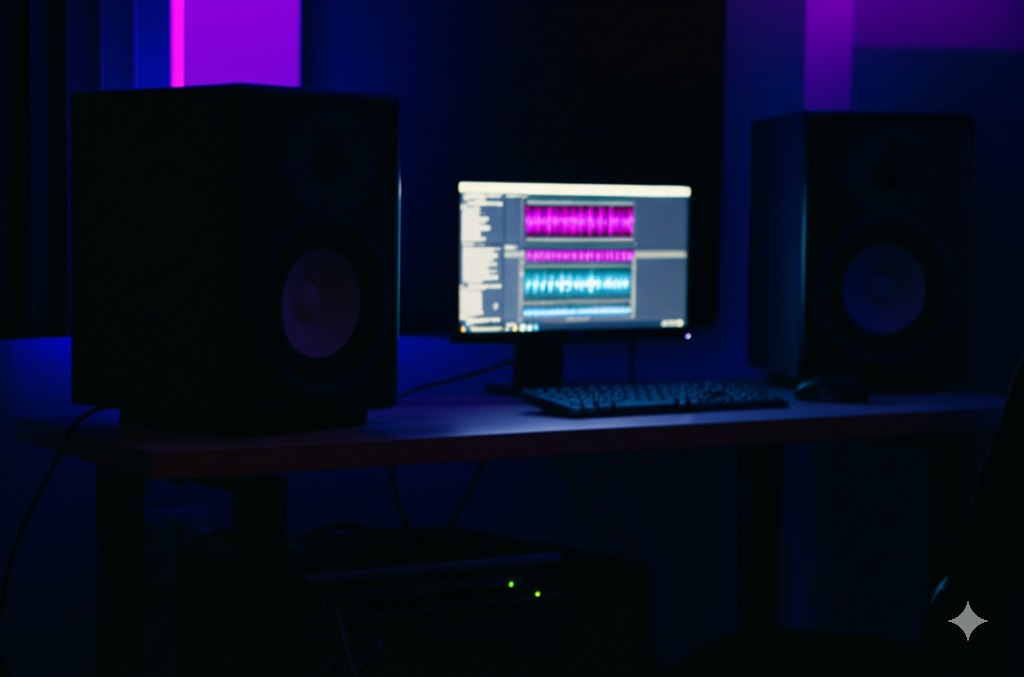
Understanding AI in Music Production
Types of AI Technologies for Musicians
Different kinds of AI music tools work in different ways:
- Machine learning systems that study thousands of songs to learn patterns
- Neural networks that try to understand how music is structured
- Rule-based systems that follow music theory principles
- Generative models that can create new content based on what they’ve learned
Each type has strengths and weaknesses depending on what you’re trying to do with your music.
How AI Analyzes Music
When you use AI for musicians, you’re working with technology that has “listened” to more music than any human ever could:
- It identifies patterns in chord progressions
- It recognizes typical drum patterns in different genres
- It learns how melodies usually move and develop
- It understands the frequency ranges of different instruments
This analysis helps AI make suggestions that generally “make sense” musically, though they might not always have the emotional depth a human would create.
Human Creativity Meets Algorithms
The most interesting part of creative AI music production is what happens when human creativity meets algorithmic assistance:
- AI can suggest options you might not have considered
- Humans bring emotional understanding and cultural context
- AI can handle repetitive technical tasks quickly
- Humans make judgment calls about what sounds “right”
This partnership works when each side does what it’s best at.
What AI Music Tools Can and Can’t Do
Having realistic expectations about AI music composition helps you use these tools effectively:
AI can:
- Generate many options quickly
- Process and analyze audio with precision
- Learn patterns from existing music
- Help with technical aspects of production
AI can’t (yet):
- Understand the emotional impact of music like humans do
- Create music with cultural or personal significance on its own
- Match the nuance of human performance
- Replace the unique perspective you bring to your art
Knowing these boundaries helps you use AI as a tool rather than expecting it to do the creative work for you.
AI for Composition and Songwriting
Melody and Chord Tools
When you’re stuck staring at a blank page, AI songwriting assistance tools can help get ideas flowing:
- Chord progression generators suggest harmonies that work well together
- Melody creators offer tune ideas based on your chord choices
- Bass line generators build foundations for your songs
- Rhythm suggestion tools help create grooves in different styles
Tools like AIVA, Amper Music, and Orb Producer Suite use AI music composition to suggest musical ideas in various genres.
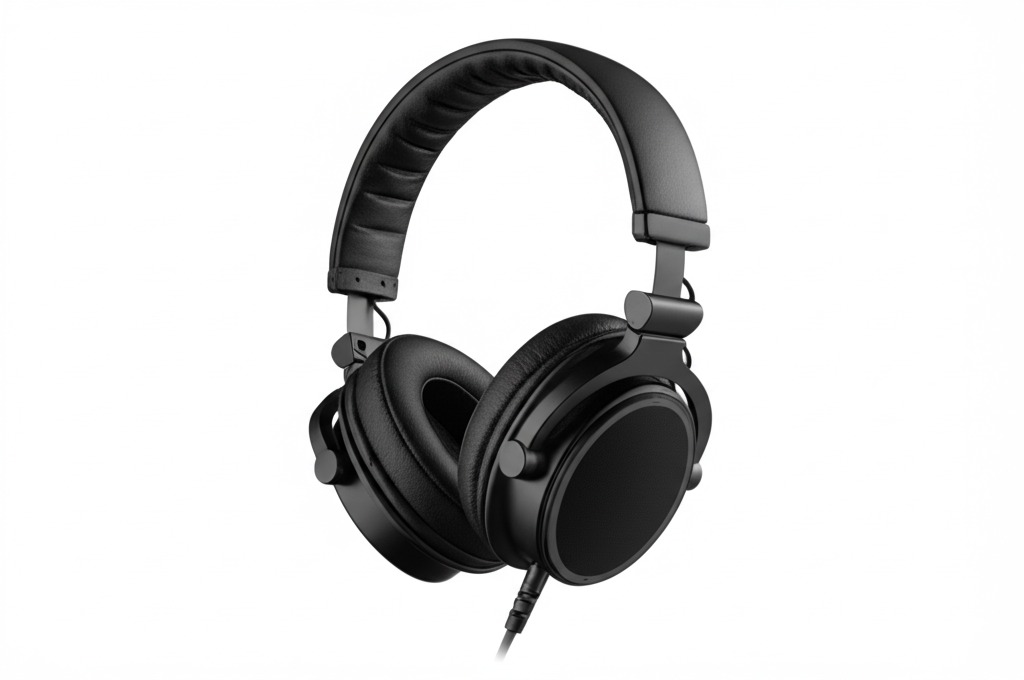
Breaking Through Creative Blocks
Almost every musician gets stuck sometimes. Using artificial intelligence to overcome creative blocks in music works because:
- It can quickly generate multiple alternatives to consider
- It might suggest unexpected combinations you wouldn’t have tried
- It removes the pressure of having to create everything from scratch
- It provides a starting point you can modify and make your own
Many musicians find that even if they don’t use the AI suggestions directly, the process helps them think about their music differently.
Exploring New Genres and Styles
Want to try writing in a style that’s new to you? AI tools for musicians can help:
- They can generate examples of unfamiliar genres
- They can analyze the core elements that define different styles
- They suggest typical patterns and progressions for various genres
- They help you understand the “rules” of styles you haven’t studied
This makes it easier to experiment with new directions in your music without years of studying every genre.
Keeping Your Personal Style
One challenge with AI music tools is making sure your music still sounds like you. To maintain your artistic voice:
- Start with your own ideas before asking for AI input
- Use AI suggestions as ingredients, not finished recipes
- Modify AI-generated content to fit your personal style
- Combine multiple AI suggestions rather than using them exactly as provided
This approach helps ensure the final music still reflects your unique voice.
AI in Sound Design and Production
Creating New Sounds
Creative music technology now includes AI tools that can generate entirely new sounds:
- Tools like NSynth can blend instrument characteristics to create new timbres
- RAVE and other neural audio tools can create evolving, unique textures
- Some plugins can generate sound effects based on descriptions
- AI can help synthesize sounds that would be difficult to create manually
These tools expand what’s possible in music production workflow, especially for musicians without extensive hardware collections.
Sample Matching and Analysis
Have you ever heard a sound in a song and wished you could use something similar? AI helps here:
- Tools can analyze a reference sound and suggest matching samples
- Some plugins can recreate the characteristics of reference audio
- AI can help identify key components of sounds you want to replicate
- Sample libraries with AI search functions help find sounds by description
This makes sound design more intuitive, especially for musicians who think more in terms of “I want something that sounds like…” rather than technical specifications.
AI-Enhanced Virtual Instruments
Virtual instruments are getting smarter thanks to artificial intelligence in music creation:
- Some sample libraries use AI to make performances sound more human
- Neural networks can model the subtle details of acoustic instruments
- AI can generate realistic articulations and playing techniques
- Some virtual instruments adapt to your playing style in real-time
These improvements help bridge the gap between programmed MIDI and the nuance of human performance.
Blending AI with Traditional Elements
The most natural-sounding results often come from combining AI and traditional approaches:
- Use AI-generated sounds as layers within traditional arrangements
- Process conventional recordings through AI tools for interesting effects
- Let AI handle backgrounds while you focus on main melodic elements
- Use AI to extend your existing sound palette rather than replace it
This hybrid approach gives you the benefits of both worlds – the uniqueness of traditional elements with the innovation of AI.
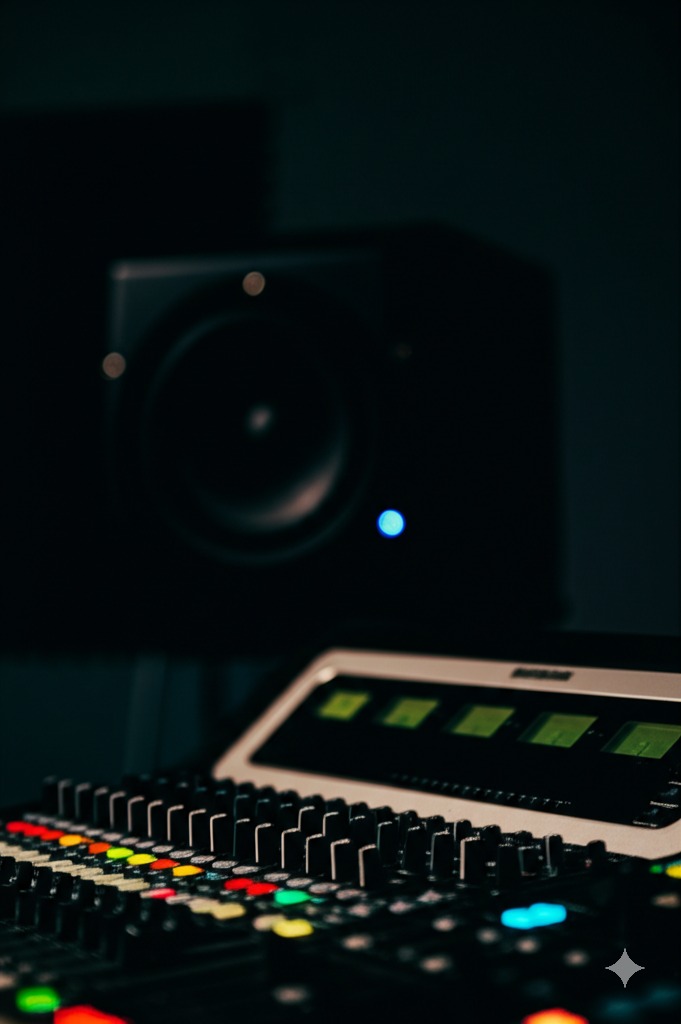
AI for Mixing and Mastering
Streamlining the Editing Process
Editing recordings can be tedious. AI mastering tools help by:
- Automatically identifying and fixing timing problems
- Detecting and correcting pitch issues
- Finding and removing unwanted noises
- Suggesting edits for more natural-sounding performances
This saves hours of detailed editing work, letting you focus on the creative aspects of production.
AI Audio Balancing and Cleaning
Getting a balanced mix is challenging, especially for new producers. AI helps by:
- Suggesting level balances between instruments
- Recommending EQ settings based on successful reference tracks
- Identifying frequency masking issues between elements
- Helping clean up muddy or cluttered mixes
Tools like iZotope Neutron and Sonible Smart:EQ use music production AI tools to make mixing more accessible.
Automated Mastering Services
Mastering used to require expensive gear and experienced engineers. Now AI mastering tools make it more accessible:
- Services like LANDR and eMastered provide quick, affordable mastering
- Tools like iZotope Ozone include AI assistants to suggest mastering settings
- Some DAWs now include basic AI mastering features
- Cloud-based services let you try different mastering styles easily
These tools help independent musicians release professional-sounding music without big studio budgets.
Maintaining Control in AI Mixing
Using AI for mixing doesn’t mean giving up control:
- Use AI suggestions as starting points, not final decisions
- Learn from AI recommendations to improve your own mixing skills
- Override AI choices when they don’t match your vision
- Use AI for technical aspects while making artistic decisions yourself
This approach uses technology to handle the technical parts while you focus on how you want your music to sound.
Vocal Production and Processing
Isolation and Enhancement
Working with vocals has gotten easier thanks to AI vocal isolation technology:
- Extract vocals from finished mixes for remixing
- Remove background noise from vocal recordings
- Separate instrumental stems from complete songs
- Enhance vocal clarity without affecting tone
Tools like iZotope RX, Accusonus, and LALAL.AI make these tasks simple even for complex audio material.
Real-World Applications
One famous example of AI tools for musicians in vocal processing is The Beatles’ “Now and Then” release:
- AI helped separate John Lennon’s voice from piano on an old demo
- This allowed the remaining Beatles to complete a song decades after the original recording
- Similar technology is available to everyday musicians now
- It shows how AI can help preserve and extend musical legacies
This demonstrates how AI music tools can unlock creative possibilities that weren’t technically feasible before.
Voice Synthesis and Ethics
AI voice synthesis raises interesting questions:
- Some tools can make vocals sound like specific singers
- Others can convert spoken words into singing
- Technology exists to create entirely artificial vocal performances
- This raises questions about consent and authenticity
Most musicians use these tools responsibly – for backing vocals, harmonies, or creative effects rather than impersonation.
Balancing Technology with Authentic Expression
Vocal processing works best when it enhances rather than replaces genuine expression:
- Use AI to clean up technical issues in good performances
- Consider AI-generated vocals as an effect rather than a replacement
- Focus on capturing emotional delivery first, then enhance with technology
- Remember that imperfections often add character and humanity
This balance preserves the emotional connection that makes vocal performances powerful.
AI as an Inspirational Partner
Generating Initial Ideas
Sometimes the hardest part is just getting started. AI tools for musicians can help by:
- Creating starter ideas you can build on
- Generating multiple options to choose from
- Providing instant musical material to react to
- Suggesting directions you might not have considered
Even if you don’t use the AI suggestions directly, they can spark your own creative thinking.
Exploring Unfamiliar Territory
AI can be like a guide when you want to try something new:
- It can show you typical patterns in unfamiliar genres
- It can suggest appropriate instrumentation for different styles
- It can generate examples that help you understand new approaches
- It can translate your ideas into styles you’re less familiar with
This makes it easier to step outside your comfort zone and grow as a musician.
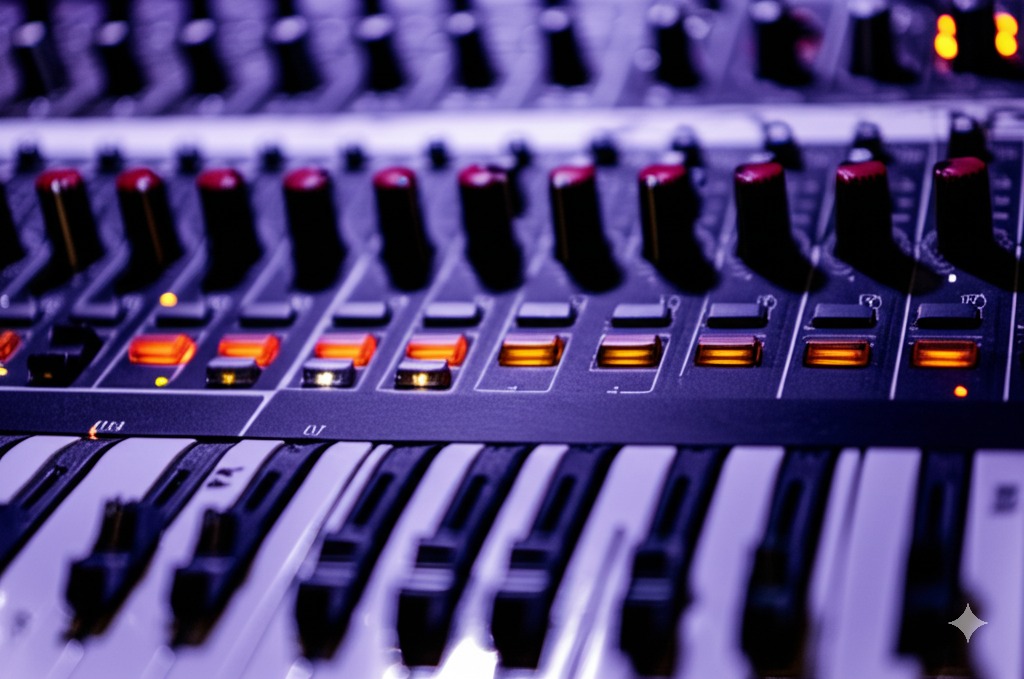
Using AI Content as Creative Springboards
Rather than using AI output directly, many musicians use it as a starting point:
- Take an AI melody but change the rhythm to make it your own
- Use AI chord progressions but add your own voicings and embellishments
- Start with AI-generated drum patterns but add human feel and variation
- Let AI suggest structure, then fill it with your original ideas
This approach uses AI songwriting assistance as inspiration rather than replacement.
Collaborative Human-AI Workflows
The most effective way to use AI tools for musicians is as part of a collaborative process:
- You provide initial direction and context
- AI offers suggestions based on your input
- You select and modify what works for your vision
- AI handles technical implementation of your choices
- You make final creative decisions about the result
This back-and-forth creates a workflow where each side contributes its strengths.
Practical Implementation Strategies
Integrating AI into Your Workflow
Here are ways to integrate AI into music production workflow smoothly:
- Start by identifying where you typically get stuck or spend too much time
- Find AI tools that address those specific challenges
- Begin with small, targeted uses of AI rather than changing everything at once
- Gradually incorporate more AI assistance as you get comfortable with the results
This step-by-step approach helps you find where AI is most helpful in your personal process.
Budget-Friendly AI Solutions
You don’t need expensive equipment to use AI tools for independent musicians on a budget:
- Free options like Google Magenta’s open-source tools
- Affordable subscription services that start around $10/month
- One-time purchase plugins with AI features
- Free trial versions of more advanced tools
Many companies offer “lite” versions of their AI tools at reduced prices or even free for non-commercial use.
Technical Considerations
Some practical things to think about when using AI music tools:
- Computer requirements – some AI tools need powerful processors
- Compatible software – check if AI plugins work with your DAW
- Learning curves – some tools are simple, others more complex
- Online vs. offline tools – some require internet connection to work
Taking these factors into account helps you choose tools that fit your setup and skills.
Building an AI-Enhanced Creative Process
Developing your own approach to AI-assisted music production without losing authenticity takes time:
- Experiment to find which parts of your process benefit most from AI
- Create templates that incorporate your favorite AI tools
- Develop habits that maintain your creative vision while using AI assistance
- Regularly reassess how AI is affecting your music, positively or negatively
This thoughtful approach helps AI enhance rather than dominate your creative process.
Maintaining Authenticity While Using AI Tools
Preserving Your Artistic Voice
To maintain artistic voice when using AI music tools:
- Start with a clear idea of what you want to express
- Use AI to help with “how” rather than “what” to create
- Apply your personal judgment to all AI suggestions
- Add human performance elements to AI-generated content
- Incorporate your unique influences and experiences
These practices help ensure the music remains genuinely yours.
The Importance of Human Curation
AI can generate many options, but human selection is crucial:
- Your choices about what to keep and what to discard define your style
- The way you combine different elements reflects your artistic vision
- Your judgment about what “feels right” comes from human experience
- The context and meaning you bring to music can’t be automated
This curation process is where much of the art in creative AI music production happens.
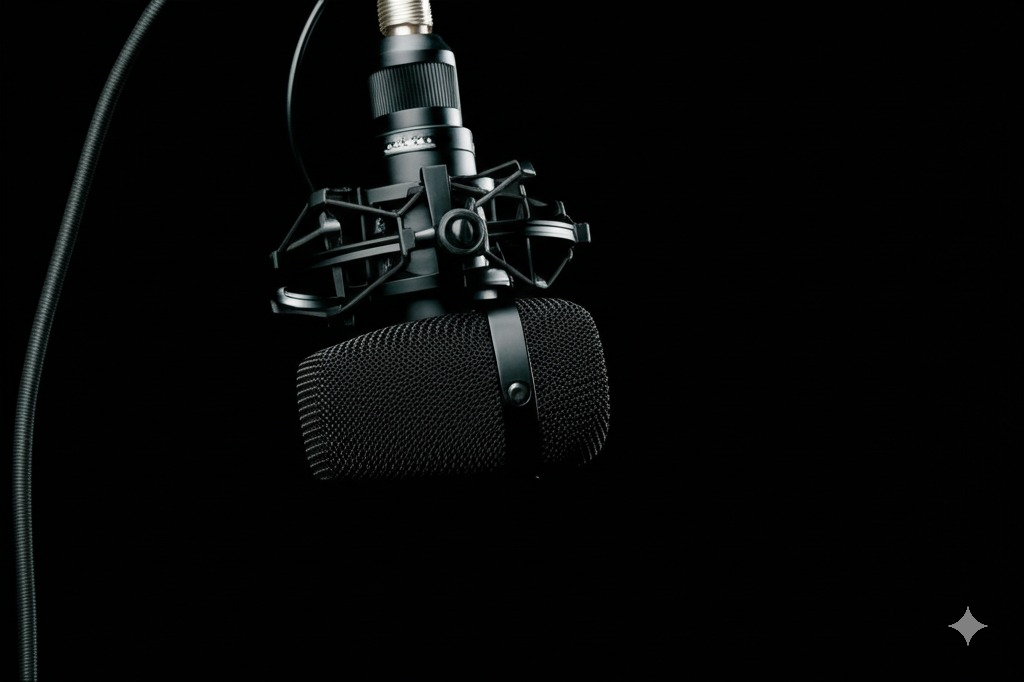
Finding the Right Balance
How to balance human creativity with AI music production is personal, but consider:
- Using AI more for technical tasks and less for core creative decisions
- Relying on AI more in areas where you’re less skilled
- Decreasing AI involvement for the elements most central to your style
- Adjusting how much you modify AI suggestions based on results
This balance will likely change as your skills and the technology evolve.
Amplifying Rather Than Replacing Creativity
Think of AI tools for musicians as amplifiers for your creativity:
- They can help you work faster, creating more time for creative decisions
- They can handle technical aspects so you can focus on expression
- They can offer options to consider, expanding your creative palette
- They can remove barriers between your musical ideas and finished productions
This perspective helps keep the focus on enhancing what you already bring to your music.
Case Studies: Successful AI Integration
Professional Artists Using AI
Several well-known artists are already using AI music tools in interesting ways:
- Holly Herndon’s “Holly+” project explores AI voice models
- Taryn Southern created an album where AI generated most instrumentation
- David Guetta has used AI voice synthesis for creative vocal effects
- Arca has incorporated AI in experimental electronic music
These artists use AI as part of their creative toolkit while maintaining their distinctive styles.
The Beatles “Now and Then” Project
The completion of The Beatles’ “Now and Then” shows how artificial intelligence in music creation can bridge past and present:
- AI technology separated John Lennon’s voice from a poor-quality demo
- This allowed the remaining Beatles to add new parts to the recording
- The project preserved the essence of the original while improving quality
- It demonstrated how AI can help complete unfinished musical ideas
This high-profile example brought attention to what’s possible with modern AI vocal isolation technology.
Independent Musicians’ Success Stories
Many independent artists are finding success with AI tools for musicians:
- Composers creating film scores with limited budgets
- Bedroom producers creating professional-quality tracks without expensive gear
- Singer-songwriters adding orchestral elements they couldn’t record live
- Electronic musicians discovering new sounds through AI generation
These musicians often find AI most valuable for filling gaps in their resources or skills.
Lessons from Early Adopters
Musicians who started using AI early have discovered some helpful approaches:
- Being transparent with audiences about how AI is used
- Finding a personal “sweet spot” for how much AI to incorporate
- Using AI to enhance existing strengths rather than trying to fix weaknesses
- Viewing AI as part of an evolving toolkit, not a revolution that changes everything
These insights help newer users integrate AI music tools more smoothly into their work.
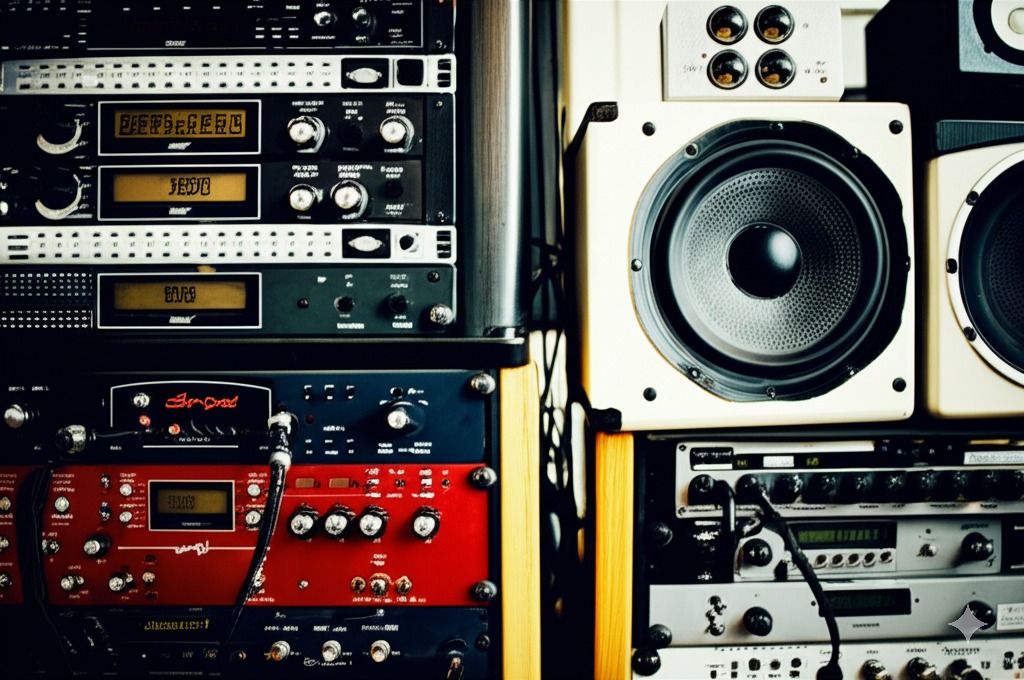
Future Trends and Opportunities
Emerging AI Technologies
The world of AI tools for musicians continues to develop rapidly:
- More personalized AI that learns your specific style
- Improved real-time collaboration between humans and AI
- Better integration between different AI tools
- More natural-sounding results that are harder to distinguish from human performances
These advances will likely make AI assistance even more useful and intuitive.
The Evolving Artist-AI Relationship
How musicians work with AI is changing:
- Moving from “AI as a tool” to “AI as a collaborator”
- Growing understanding of where AI helps most effectively
- Increasing comfort with hybrid human-AI creative processes
- Developing new creative methods that weren’t possible before
This evolution represents a maturing relationship with the technology.
New Creative Possibilities
Creative music technology continues to open new doors:
- Cross-modal AI that can generate music from images or text
- Systems that can follow emotional or narrative arcs
- Tools that can adapt music in real-time to visual media
- AI that can generate complete arrangements based on simple inputs
These developments may create entirely new forms of musical expression.
Preparing for Next-Generation Tools
To make the most of future AI tools for musicians:
- Stay curious and open to experimentation
- Build transferable skills that work across different tools
- Focus on your unique creative vision, which will remain valuable
- Think about how you might use AI to do things that aren’t currently possible
This forward-looking mindset helps you adapt as the technology continues to evolve.
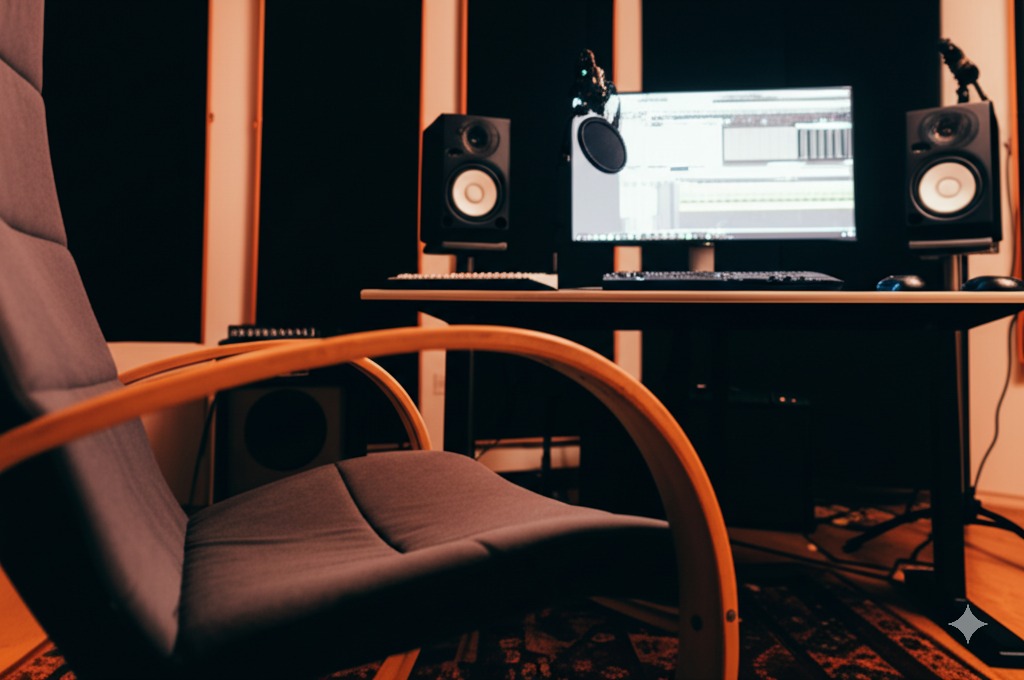
Conclusion about AI Tools for Musicians
AI tools for musicians are changing how we create music, but they’re not replacing human creativity. They work best when seen as collaborative partners rather than replacements.
These tools can help at every stage of music making – from the first spark of an idea to the final mastering touches. They’re especially valuable for independent musicians who don’t have access to big studios or session players.
The most important thing to remember is that creative AI music production should enhance your music, not define it. The technology is there to help you express your ideas more effectively, overcome obstacles, and explore new possibilities.
As AI music composition tools continue to improve, the musicians who benefit most will be those who learn to work with them effectively – using them to strengthen their creative voice rather than lose it.
The future of music remains human at its core, just with some powerful new tools to help bring those human ideas to life.
Additional Resources
If you want to explore AI tools for musicians further, here are some good places to start:
- Free tools: Google Magenta, Soundraw (limited free version)
- Comprehensive platforms: AIVA, Amper Music, Boomy
- Plugins for your DAW: iZotope, Sonible, XLN Audio
- Communities: AI Music Generation (Reddit), Music+AI (Discord)
Remember that the best approach is to start small, experiment freely, and find the tools that work for your specific needs and music style.
https://dittomusic.com/en/blog/ai-for-musicians-tools-to-help-you-make-music
https://www.junia.ai/blog/why-every-musician-should-embrace-ai-technology
https://blog.emb.global/ai-in-music-composition-and-production/
https://www.microsoft.com/en-us/microsoft-365-life-hacks/everyday-ai/gimme-a-beat-ways-musicians-can-use-ai
https://www.sps.nyu.edu/homepage/emerging-technologies-collaborative/blog/2023/embracing-creativity-how-ai-can-enhance-the-creative-process.html
https://www.ohio.edu/news/2024/04/how-ai-transforming-creative-economy-and-music-industry
https://codedesign.org/guide-unleashing-creative-possibilities-using-ai-music-production
https://www.forbes.com/councils/forbesagencycouncil/2023/05/08/ai-tools-can-help-musicians-unlock-creativity-and-reach-fans/
